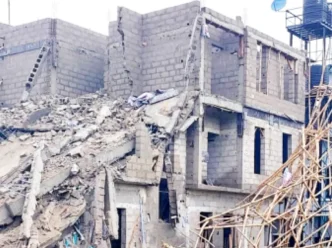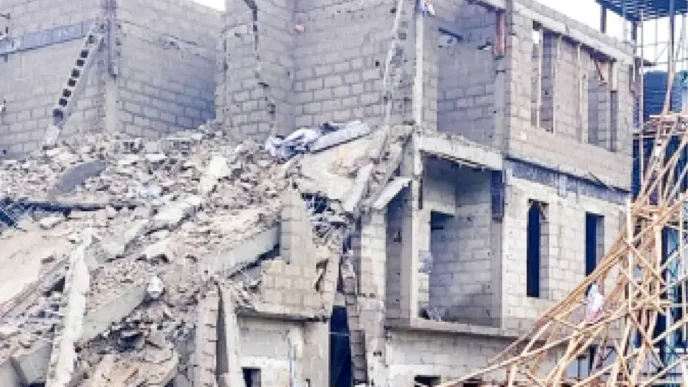In a bold move to overhaul its waste management system, the Lagos State Government has unveiled plans to permanently close the Olusosun and Solous III dumpsites, two of the largest in the state as part of a major environmental reform initiative.
EpeInsights that Governor Babajide Sanwo-Olu announced the development on Monday, following the signing of a strategic partnership with ZoomLion Nigeria, a subsidiary of Ghana’s Jospong Group.
The deal aims to modernize waste handling in Lagos, which currently produces an estimated 13,000 tonnes of waste daily.
According to the governor, the Olusosun site in Ojota will be decommissioned and replaced with a new Transfer Loading Station.
Waste from the area—about 2,500 tonnes per day will be redirected to a state-of-the-art Material Recovery Facility being constructed in Ikorodu.
A similar system will be deployed at the Solous III site in Igando. Approximately 1,500 tonnes of waste from that area will be transported daily to a new recovery facility in Badagry.
“This marks a turning point in our approach to waste management in Lagos,” Governor Sanwo-Olu said.
“With this partnership, we are not only shutting down outdated dumpsites but also building infrastructure that reflects our commitment to environmental sustainability and a cleaner, healthier city.”
The initiative is expected to generate over 5,000 direct and indirect jobs through the development and operation of the new facilities, contributing to both environmental and economic goals.
The reform aligns with Lagos’s broader urban agenda to transform into a cleaner, more efficient megacity. Sanwo-Olu emphasized that managing waste at this scale requires innovation, investment, and strong partnerships.
“Every day, Lagos generates around 13,000 tonnes of waste. That number demands more than just collection—it requires a complete rethinking of how we process, recycle, and recover materials,” he said.
The governor assured residents that the project will lead to cleaner communities, improved public health, and long-term environmental benefits.
“This is about securing the future of our city—making it more livable, resilient, and aligned with global standards in urban development,” Sanwo-Olu added.
The waste-to-resource model introduced under the agreement is designed to reduce landfill dependency, increase recycling rates, and create a circular economy framework within Lagos State.











